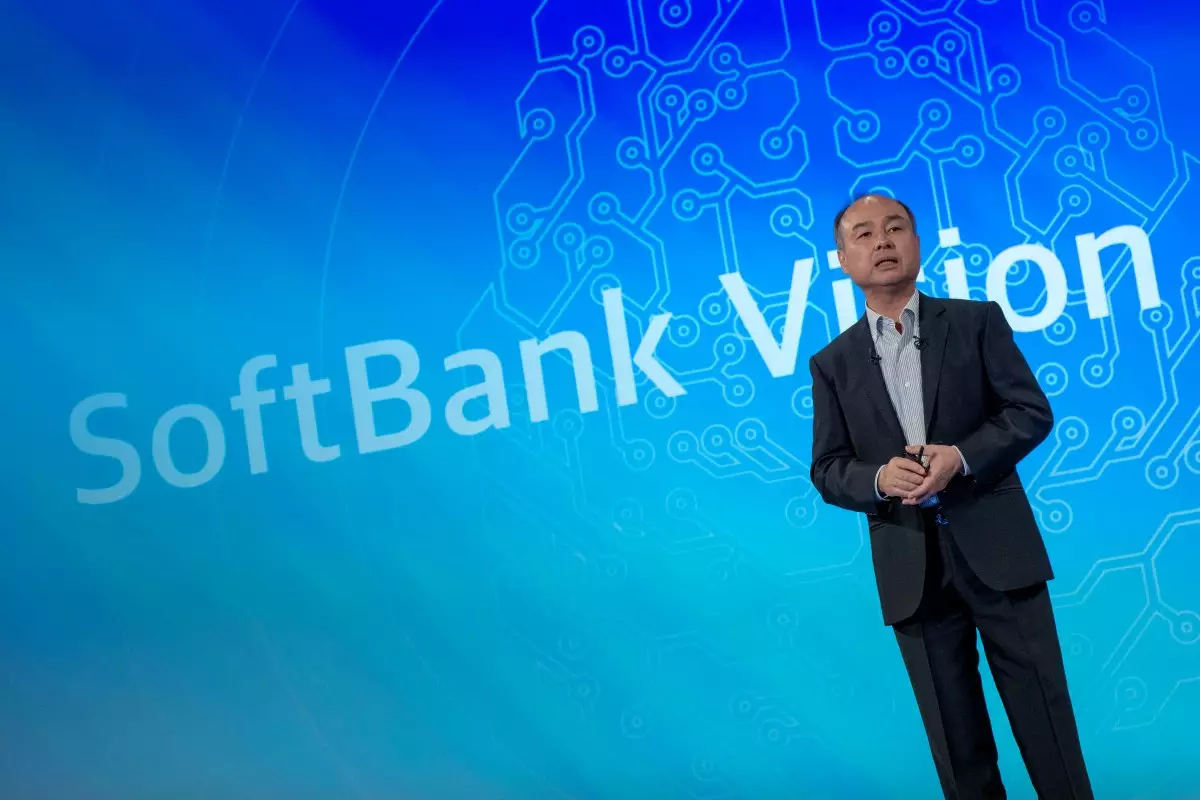Ampere, a semiconductor startup that has made headlines for its innovative ARM chip designs aimed at data centers, is poised for a significant ownership shift as it approaches a potential acquisition by SoftBank. This deal, apparently valued at approximately $6.5 billion, reflects a noticeable decrease from the previously estimated $8 billion valuation in 2021, signifying a tumultuous journey for the company since its inception. While the deal is not yet finalized, the implications are profound for Ampere, its current stakeholders, and the broader semiconductor market.
Founded by former Intel executive Renee James, Ampere represents a bold venture into a competitive industry. James, who has a rich history in technology and finance, established Ampere in 2017 after a lengthy tenure at Intel, where she was overlooked for the CEO position. Upon venturing out on her own, James positioned herself as one of the few female leaders in the semiconductor landscape, sharing this distinction with the well-acclaimed Lisa Su of AMD. James’ decision to focus on low-energy ARM architectures for data centers was visionary, catering to a market that increasingly demands efficiency and performance.
Recent financial disclosures from Oracle, a prominent investor with a significant 29% stake in Ampere, suggest a looming shift in control. Oracle’s filings indicate that it possesses options that could grant it a controlling interest in Ampere, should those options be exercised. This complex financial arrangement raises critical questions about future governance within the company, especially in light of James’ announcement to step down from the Oracle board in November. The potential for Oracle to assume operational control could lead to strategic changes that deviate from James’ original vision for Ampere.
The semiconductor industry is currently undergoing unprecedented transformation driven by increasing demand for advanced computing capabilities and energy-efficient solutions. As major cloud providers such as Microsoft and Oracle emerge as significant customers for Ampere, the competitive landscape is intensifying. The potential involvement of SoftBank, which owns a majority stake in the chip designer ARM Holdings, highlights the interconnectedness of technology firms in shaping market dynamics. With SoftBank’s financial backing and industry insights, Ampere could enhance its positioning within the data center arena, assuming an even more vital role in the ongoing semiconductor narrative.
While the prospect of a sale introduces an intriguing chapter for Ampere, multiple uncertainties loom. The terms of the SoftBank acquisition may still fluctuate, and the deal could potentially fall through, leaving Ampere in a precarious position. As a private entity, Ampere’s future trajectory will greatly depend on the decisions made by major stakeholders like Oracle and SoftBank, as well as the strategic direction set by whichever new leadership emerges post-acquisition, if it occurs. As Ampere seeks to consolidate its market presence, industry watchers will be keenly observing these developments, as they embody the broader evolution of the semiconductor sector in our technology-driven era.

